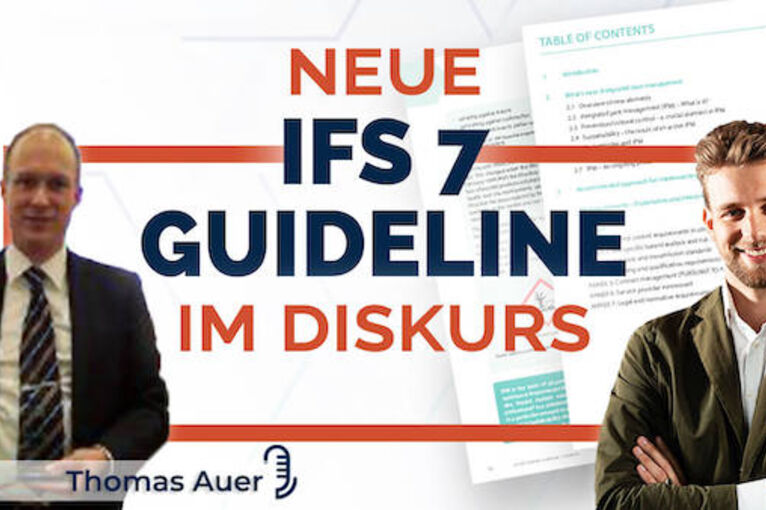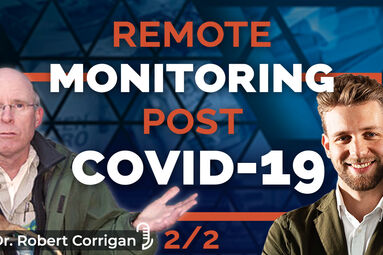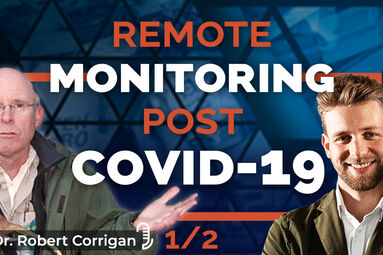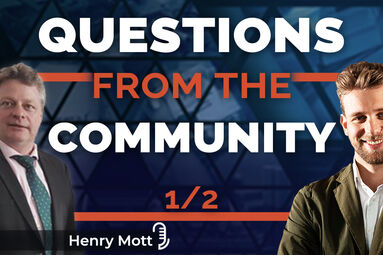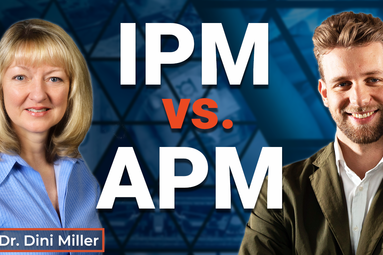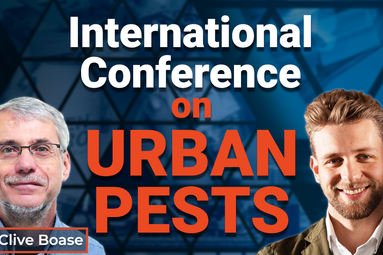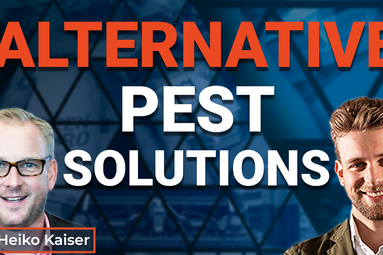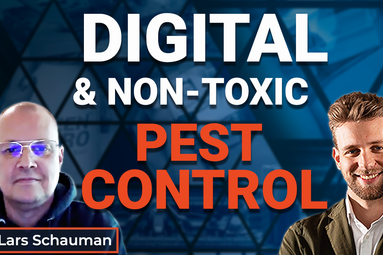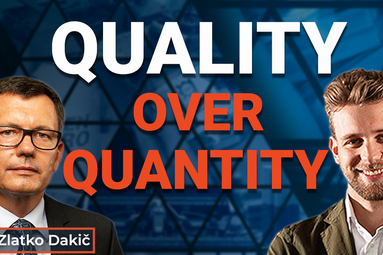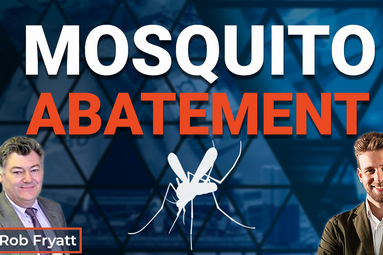Technology led growth
In this interview, the continued growth in the value of pest management is debated. Growth in both the appreciation of its value to society, but also in the financial value to those businesses operating in this sector. Although the technician on the ground remains king, the use of digital technology continues to expand.
Brian Monaghan is CEO and co-founder of Pest Pulse, a technology-led pest services company headquartered in Dublin, Ireland but also offering services to commercial customers in the UK. Asked what makes Pest Pulse different, Brian explains the company always leads with remote monitoring as part of the package at a price equal to any regular contract.
Pest Pulse was formed three years ago when Brian linked up with his old friend, Tim O’Toole, formerly of Pest Guard. Although Tim has pest management experience, Brian did not, having previously worked for online companies such as Paddy Power, an international currency operation and a food delivery firm.
However, the two of them could see opportunities to ‘offer something different’ in pest management due to a mix of regulatory changes, particularly rodenticides, coupled with increasing demands from customers for technology-led service offerings. Looking for cash to develop the business, interest was shown from two venture capital firms, but the business was bought in 2019 by US-based Terminix (then ServiceMaster). As Brian explains, “This link gives us access to Terminix’s infrastructure and to resources that we otherwise wouldn’t be able to get.”
Pest companies trading at high multiples
An interesting discussion emerges between our TPM host, Daniel Schröer and Brian regarding venture capitalists, technology stocks and the increasing overlap into the pest management business. Pest control, as a value stock, has always traded at a high multiple – the industry is pretty recession proof, grows annually with a good revenue to cash flow generation and now trades more like technology stock at a high multiple ratio.
As technology becomes increasingly available to this industry this will further improve multiples, growth and servicing – thus raising the desirability of venture capitalists to invest. “Pest control is an in vogue industry, maybe for the first time, but we still need to capitalise on these opportunities,” Brian explains.
Future market consolidation
As to the future, Brian predicts further consolidation in the market with more acquisitions of medium to large servicing companies by the big four – notably Rentokil, Rollins (Orkin), Anticimex and Terminix. He estimates these four to hold some 20-25% market share of the global industry – a figure that could rise to 35-40%. These views echo those of Paul Giannamore, interviewed by TPM in early February 2021.
Smart electronic devices will form part of this development – the data they collect is turned into knowledge and valuable actions. Whilst the big companies, particularly Rentokil and Anticimex are the leading adopters of this technology, with Brian recons around 150,000 devices already in use, this still remains a small percentage of all those bait points installed globally.
Their use by the smaller and medium sized companies will increase, particularly as technology improves and the price reduces. However, Brian is emphatic that their use will never replace the role of an experienced technician.

